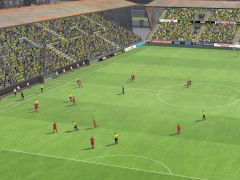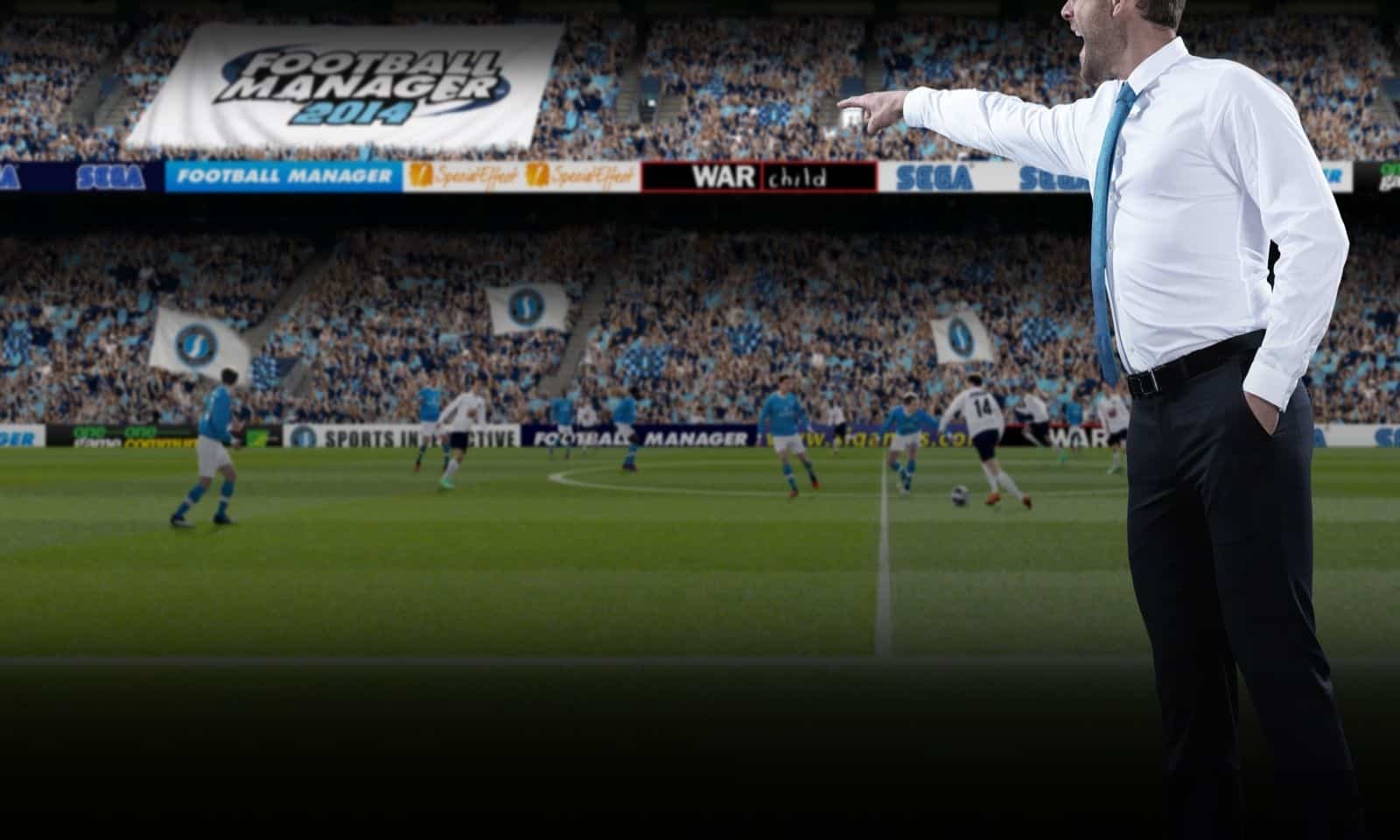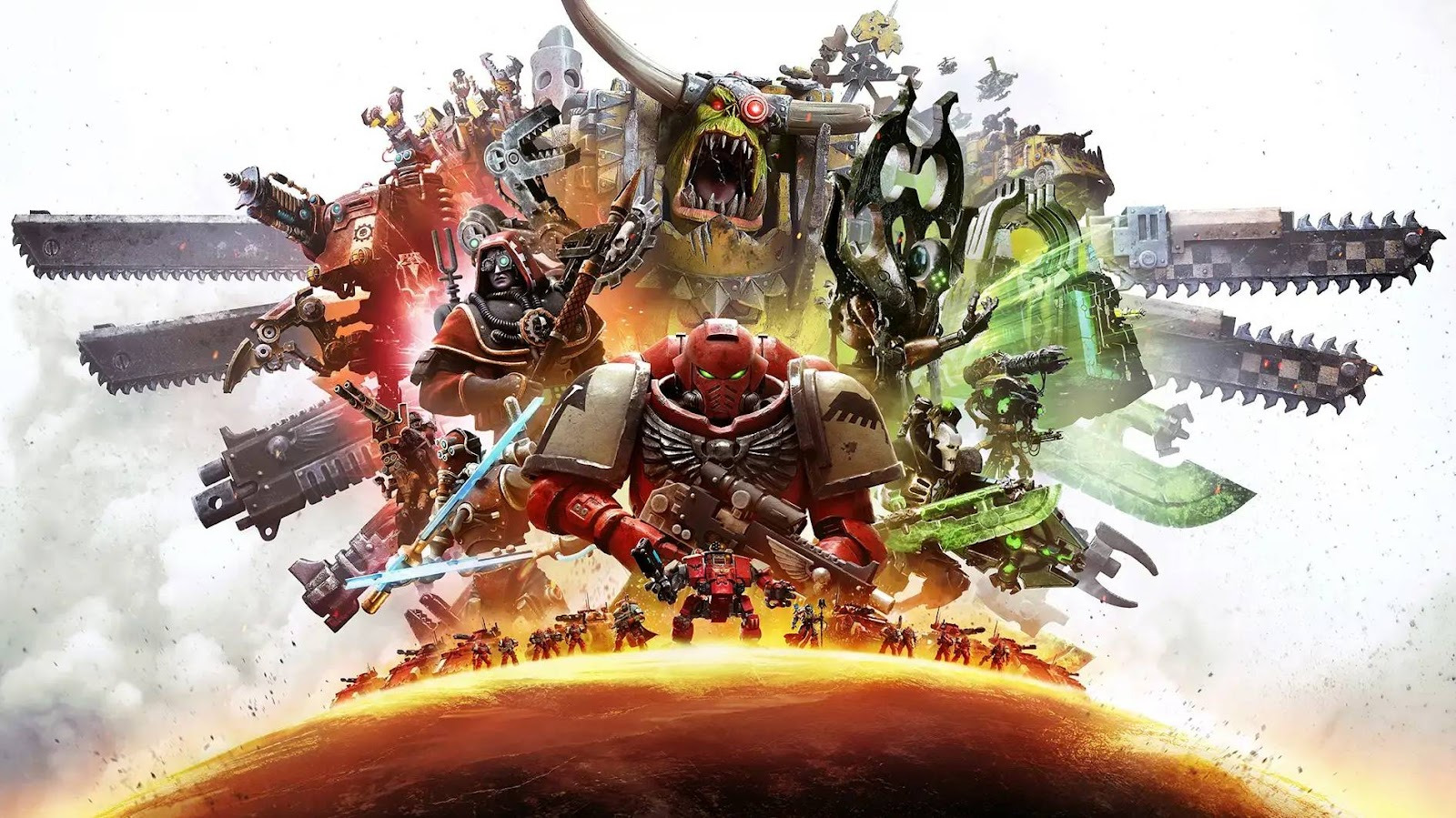You can trust VideoGamer. Our team of gaming experts spend hours testing and reviewing the latest games, to ensure you're reading the most comprehensive guide possible. Rest assured, all imagery and advice is unique and original. Check out how we test and review games here
The Football Manager video game series reminds me in many ways of the classic Hollywood grandfather. While his grandchildren fill the family home with the latest technology and gadgets, more screens than he can possibly keep up with and flicking channels every 30 seconds, grandpa is happy sitting in his favourite chair with a good book.
Football Manager has stuck to its tried and true philosophies since its inception. A game that requires pure dedication, a love for every minute detail and a passion for the deciphering of spreadsheets. This is how it’s been since 2005 since the series’ inception (and even further back, since 1992 when Sports Interactive worked on the Championship Manager series). But on the eve of the next-generation of game consoles, with both pushing for an increasingly socially connected experience, as well as mobile phone and tablet connectivity, is Football Manager becoming a dinosaur?
An ever increasing number of games are offering bite-sized gameplay which can be enjoyed on a gamer’s commute, but Football Manager’s core experience continues to be PC-only. Sure, there are the tablet and portable versions, but these stripped-back alternatives don’t come close to offering the level of detail available in the full game. With almost every release on the horizon offering companion apps for players to never be totally removed from the experience, why hasn’t FM?
Look at FIFA. EA wants you to eat, sleep and breathe FIFA. When you aren’t playing the game on your console, you can log into the FIFA Ultimate Team app on your computer to edit your team’s formation, buy and sell cards on the transfer market as well as keep up to date with your friend’s activity. If you’re away from the computer, then there’s the dedicated mobile app to keep you informed with all the going’s on in the world of FIFA.
Football Manager remains very single-player centric, but there doesn’t seem to be a good enough reason as to why. When I’ve finished playing on PC, why can’t I check my phone for the latest emails from my assistant to see if that transfer bid was successful, or adjust line-ups due to injuries so that when I get home the first thing I do is play that weekend’s fixture? An app that would allow you to handle the majority of the monotonous weekly tasks leading up to match day seems like a perfect fit. I’m not trying to trivialise the obviously huge task to overhaul the game’s design, but it seems that the evolution of cloud computing and processing via the cloud would work wonders for Football Manager.
While FM does offer multiplayer, it’s a tired experience that needs to offer asynchronous play going forward to be worthwhile. As it stands, players need to progress through each day at the same time in order to continue, meaning you can be left waiting for a long time while your fellow players adjust their squads. The ability for players to progress at different speeds until matchdays would make play far more enjoyable, as you are less dependent on the rate your fellow managers work through their game, and feel less guilty if other players are waiting on you.
It’s understandable why the game must progress all players at the same speed, but the need for a different approach is obvious because there’s no information regarding what other players are doing outside of a match. You could be left waiting for several minutes, before inexplicably being booted to the home screen because the host has decided he’s had enough.
Obviously, I’m a huge fan of Football Manager, as my review shows, but I consider myself one of the core fans. I love spreadsheets. I spend hours every week creating individual training regimens for my team and configure unique tactical approaches for opponents. I’ve put at least 100 hours into the past four Football Manager games, and in the world of FM, that isn’t a huge amount of time.
Football Manager also continues to be successful. FM 2013 was the best-selling series to date, shipping 940,000 units as of the end of March this year, but if this core falls away from the game, how will Football Manager capture the attention of a new, younger audience? An audience already won over by their mobile and tablet games as well as the latest batch of hardware.
It will be interesting to see if Sports Interactive decides to make radical changes for the series going forward. At the moment, sales will suggest it doesn’t necessarily need to, but that doesn’t mean it shouldn’t.
Football Manager 2014
- Platform(s): iOS, PC, PS Vita
- Genre(s): Simulation, Sports, Strategy

/https://oimg.videogamer.com/images/b1d6/football_manager_2014_27.jpg)






